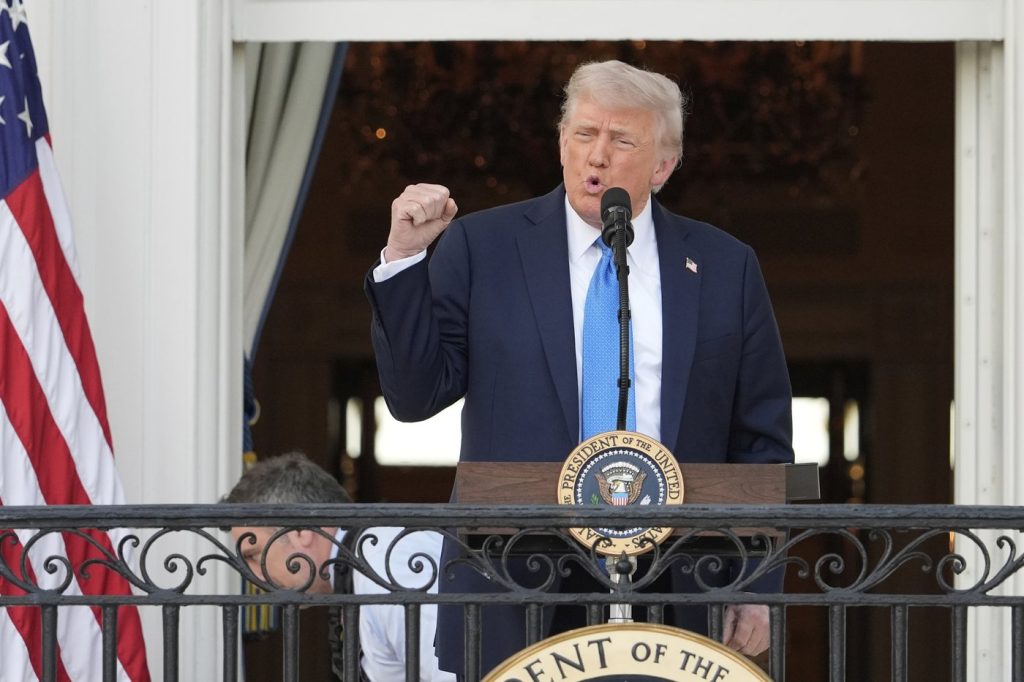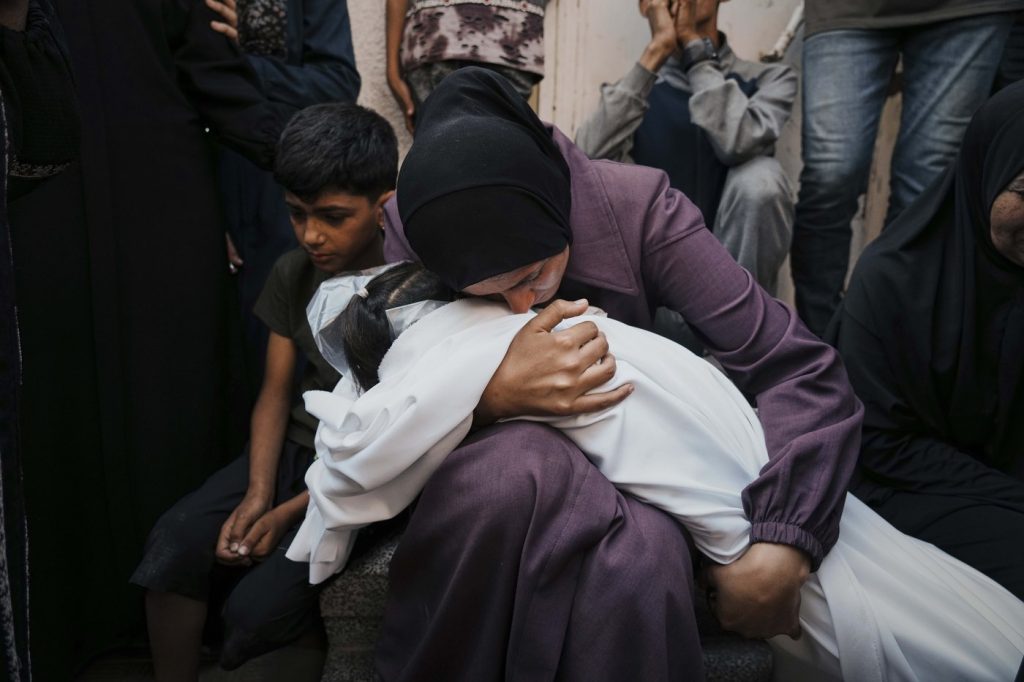On Wednesday, President Donald Trump announced a new travel ban system reminiscent of his first term, which will prohibit citizens of 12 countries from entering the United States and impose restrictions on visitors from seven additional nations. The ban is set to take effect on Monday at 12:01 a.m., designed to avoid the chaotic scenes experienced in 2017 when a previous ban was implemented with minimal notice.
The list of banned countries features several nations that were already included in Trump's earlier bans, reflecting a continuation of his administration's hardline immigration policies. The newly restricted nations comprise Afghanistan, Myanmar, Chad, the Republic of Congo, Equatorial Guinea, Eritrea, Haiti, Iran, Libya, Somalia, Sudan, and Yemen. Additionally, entry restrictions will tighten for visitors from Burundi, Cuba, Laos, Sierra Leone, Togo, Turkmenistan, and Venezuela.
In a social media video, Trump linked the new travel ban to a terror attack that occurred in Boulder, Colorado, asserting that incidents of this nature underscore the dangers posed by individuals who overstay their visas. Notably, the suspect involved in the attack was from Egypt, which is not among the countries listed in the ban, but had overstayed a tourist visa. The Department of Homeland Security supported Trump's claims, emphasizing the need for stricter vetting processes for countries with high rates of visa overstays.
Some supporters of the Afghan resettlement efforts expressed deep concern over the inclusion of Afghanistan on the ban list. The new policy does permit exceptions for Afghan individuals on Special Immigrant Visas, typically awarded to those who worked with the U.S. government during the two-decade conflict. Many veterans and advocates criticized the decision, labeling it a moral disgrace and an affront to those who stood alongside American forces.
Haiti, which previously avoided a travel ban during Trump’s first term, was included due to high rates of visa overstays and a significant number of individuals entering the U.S. illegally, as poverty, hunger, and political instability continue to escalation in the country. Trump cited the inadequate law enforcement presence in Haiti as a justification for the ban, stating that its government lacks the capability to ensure that its nationals do not compromise U.S. national security.
The Iranian government did not immediately respond to its designation as a state sponsor of terrorism, though the Trump administration’s previous policies have limited its citizens' ability to secure visas to enter the United States, except for those facing persecution or holding valid visas. Similarly, Libya, Sudan, and Yemen are all afflicted by ongoing civil conflicts and political strife, which contributed to their inclusion on the list of banned nations.
International aid organizations and refugee resettlement groups widely condemned the reintroduction of the travel ban, arguing that such policies are not genuinely based on national security but rather serve to sow division and stigmatize communities seeking safety and opportunities in the U.S. Oxfam America’s president specifically critiqued the policy as a damaging formulation against those fleeing dire situations.
On January 20, Trump signed an executive order demanding reports from the departments of State and Homeland Security regarding hostilities toward the U.S. and evaluating the national security risks associated with entry from certain countries. His first travel ban in January 2017 received considerable backlash, as it impacted many types of travelers from predominantly Muslim nations and faced legal challenges, ultimately resulting in a revised version being upheld by the Supreme Court in 2018.
Trump and his supporters defend the initial travel restrictions on national security grounds, maintaining that the measures were not rooted in discrimination against Muslims, despite his earlier campaign promise to implement a ban on Muslims. The recent announcement underscores the continuation of Trump’s immigration policy agenda as he prioritizes national security issues related to immigration.











